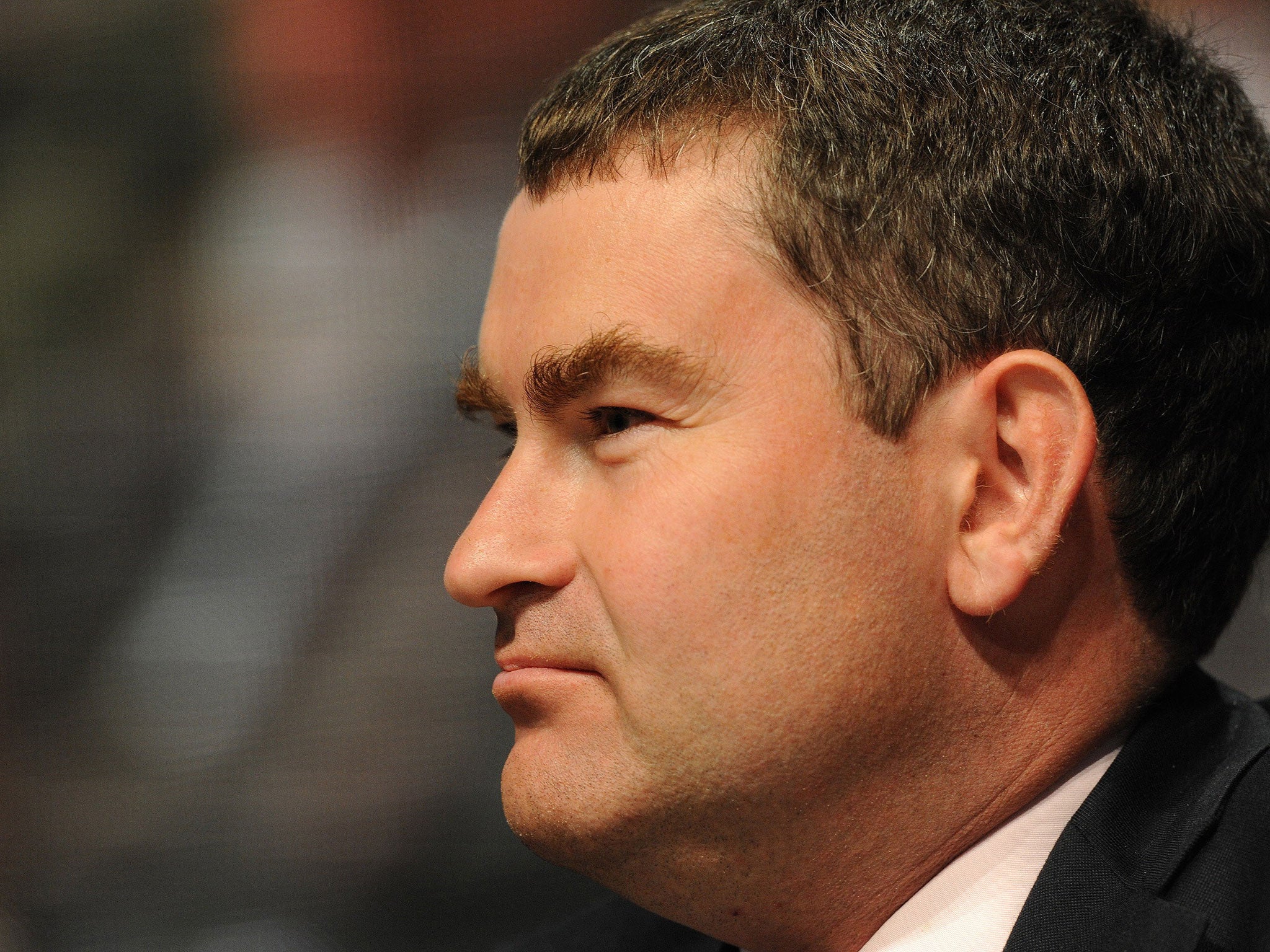The Gaukeward Squad and the strange end of class politics
For the first time, at the last election, working-class people were as likely to vote Conservative as Labour. John Rentoul looks at what effects this change might have


David Gauke was an able cabinet minister whose career was cut short by the last election. He was expelled from the parliamentary Conservative Party because he voted to prevent a no-deal Brexit, and therefore forfeited the right to fight that election as the official Tory candidate. He fought a brave and entertaining campaign as an independent, but lost.
My colleagues at UK in a Changing Europe, the Brexit think tank at King’s College London, recently published an interview with him, in which they asked if he thought that the Conservative Party would return to “the kind of Toryism that existed pre-Brexit”.
His answer was interesting: “I think it can; it certainly can swing back. I think the probability is that it won’t swing back. I think that’s partly driven by the demographics. I think there is a section of society, if you like, that has traditionally voted left on economic grounds but is now more likely to vote right on cultural grounds. We’ve seen that, not just in the UK but obviously in the US and elsewhere as well.”
That is a pretty neat summary of one of the biggest changes in politics in my lifetime: the start of the Great Class Inversion. Working-class people used to tend to vote Labour and middle-class people Conservative. At the last election, that difference disappeared: there was no class difference between Labour and Conservative voters.
And if Gauke is right, that change will continue. It is quite possible that the class bias of Labour and Tory voters will have reversed at the next election. As Gauke said, something similar is happening in the US.
This is a recent phenomenon in Britain. It is fashionable for people to say that deep changes in politics reflect trends that have been developing for decades. In this case, it is just not true. What is remarkable, given Tony Blair’s middle-class image, is that he appealed just as successfully to working-class voters, thus maintaining the working-class bias in the Labour vote.
The correlation between class and the likelihood of voting Labour or Conservative was marked in all three of Blair’s elections. Analysis by John Burn-Murdoch of the Financial Times suggests that it declined steadily in the following four elections, reaching zero in 2019. Skipping past the delightful paradox of this happening while the Labour Party was led by a sentimentalist who venerated the working class and its struggle, the significance of this shift is huge, especially if it continues as Gauke suggested.
This was brought home to me by an interview from last year that I have just come across, with David Shor, who is one of the best data analysts in Democratic politics in the US. He made the simple observation: “College-educated professionals have basically become Democrats.” He said that, if you discount the effect of education, “very rich people still lean Republican”. But education is important, and it is strongly correlated with income and status, and therefore with class. Shor said: “We’re at a point now where, if you look at Stanford Law School, the ratio of students in the college Democrats to students in the college Republicans is something like 20 to one. Harvard students have always been Democratic-leaning, but only 3-4 per cent of them voted for Donald Trump.”
As a number-cruncher, Shor noted that college-educated voters tend to live in the wrong states for the purposes of winning presidential elections, piling up Democratic votes uselessly in California and New York, which is why Joe Biden had to win 7 million more votes nationwide than Trump to win the White House by a narrow margin. “These voters aren’t optimal for winning the Electoral College,” Shor said, “but they have other assets as a demographic.”
This is where I think the class inversion – which is really an education inversion – becomes interesting. The traditional belief in left-wing politics is that rich people have disproportionate influence and power, said Shor. But now the richest and most powerful people in the US tend to be not just Democrats but “liberal” Democrats – that is, in American terms, left wing.
“So these constituencies that previously did a lot to uphold conservative power are now liberal,” said Shor. “I don’t know what all of the consequences of that are. But Democrats are now better funded than they were. And the media is nicer to us. There’s a lot of downstream consequences.”
It is not just liberal Hollywood stars that donate to the Democrats now; the party dominates the market for small donors – “which, to be clear, are still mostly rich people”, said Shor. And, although Fox News gets a lot of attention, most of US journalism is a graduate trade, as it is in the UK, and therefore populated largely by liberal-left individuals.
In British politics, some of the “downstream consequences” are likely to be similar. Labour’s traditional weaknesses – that it is up against big money and a hostile right-wing media – are no longer as serious as they were.
David Gauke suggests that “the electoral gravity” is now pulling the Tories towards being “a pretty Brexity, tough on immigration, culturally conservative, tough-on-law-and-order type of party”, and that it would lose its new voters if it were to turn back into “a more traditional pro-business, pragmatic, liberal conservative, socially liberal type of party, a David Cameron type of party”.
That second party sounds almost like Keir Starmer’s Labour. Perhaps Gauke will join it instead.
Join our commenting forum
Join thought-provoking conversations, follow other Independent readers and see their replies
Comments


Bookmark popover
Removed from bookmarks